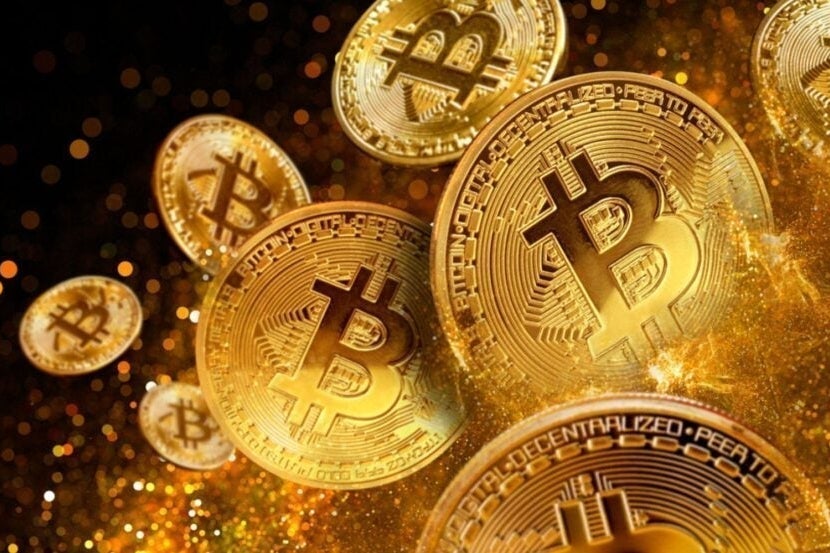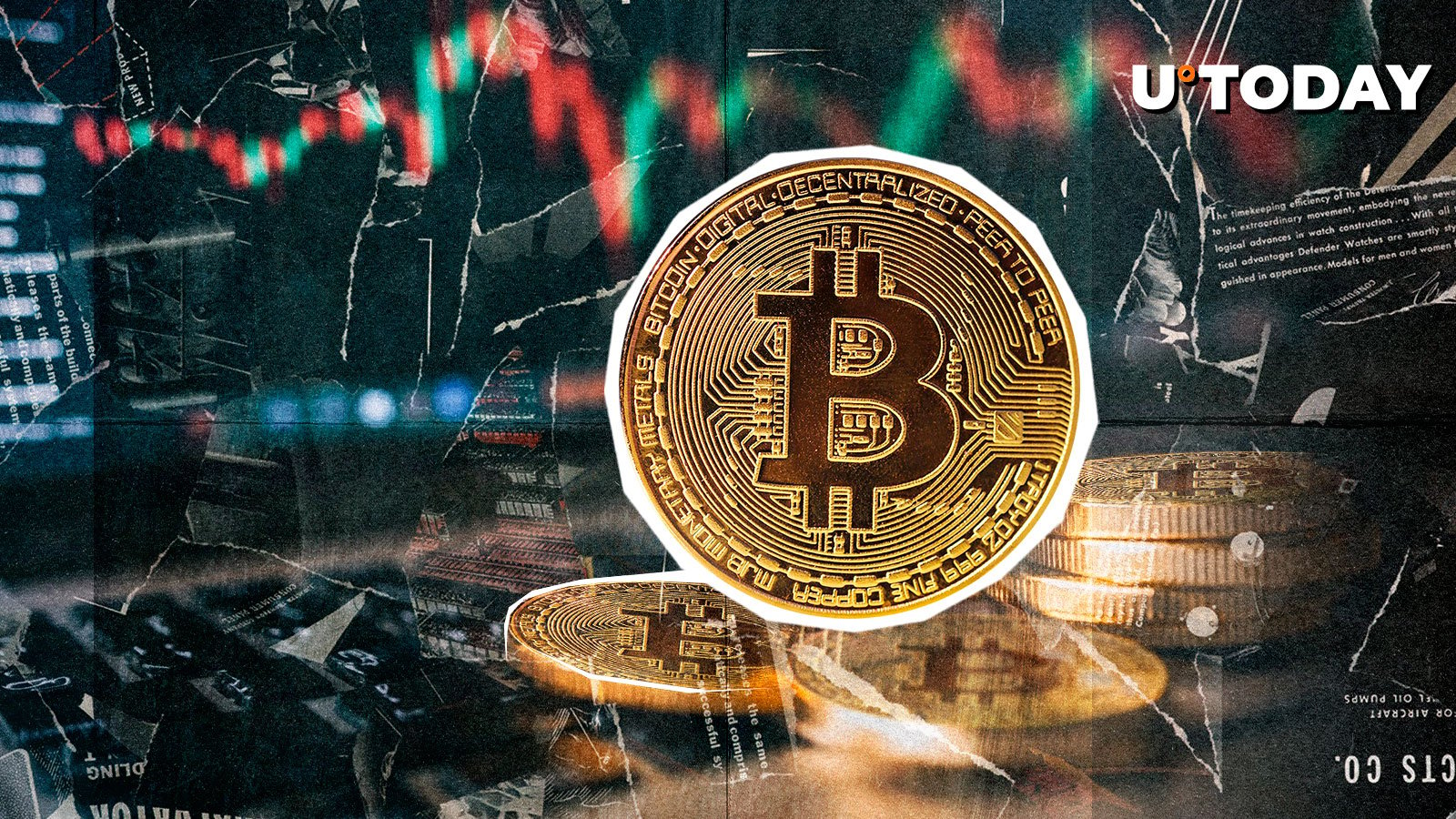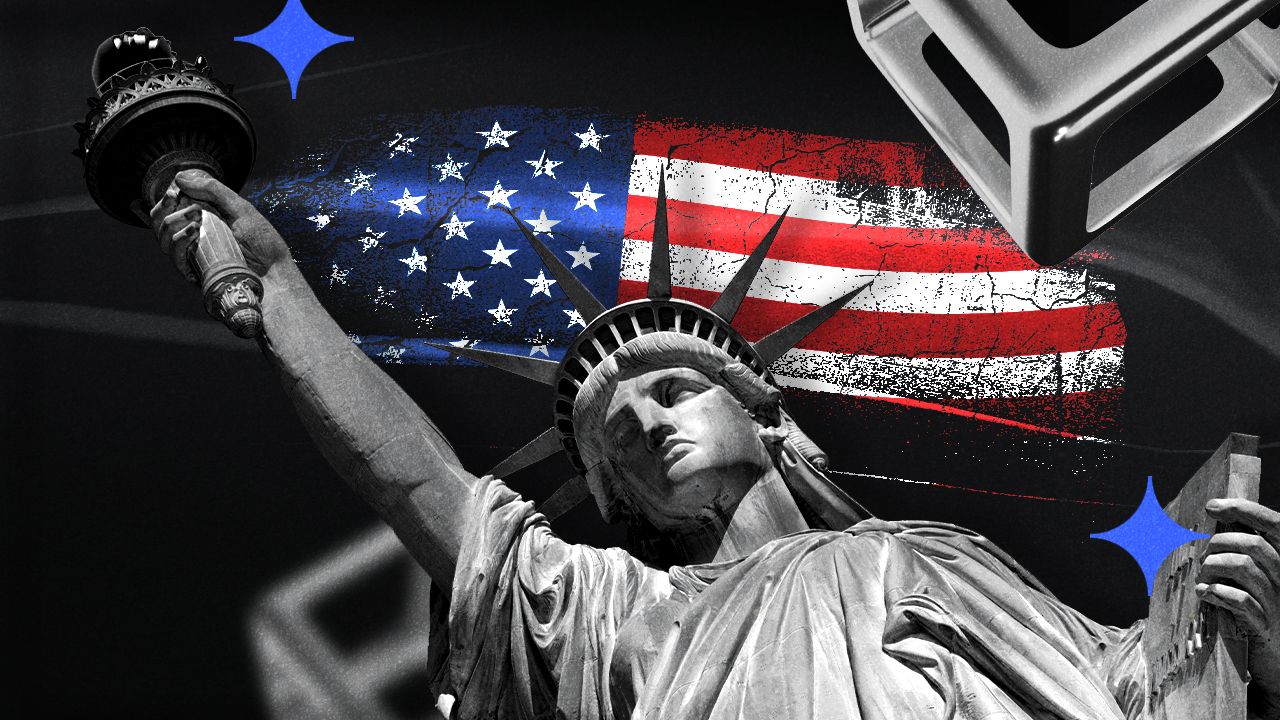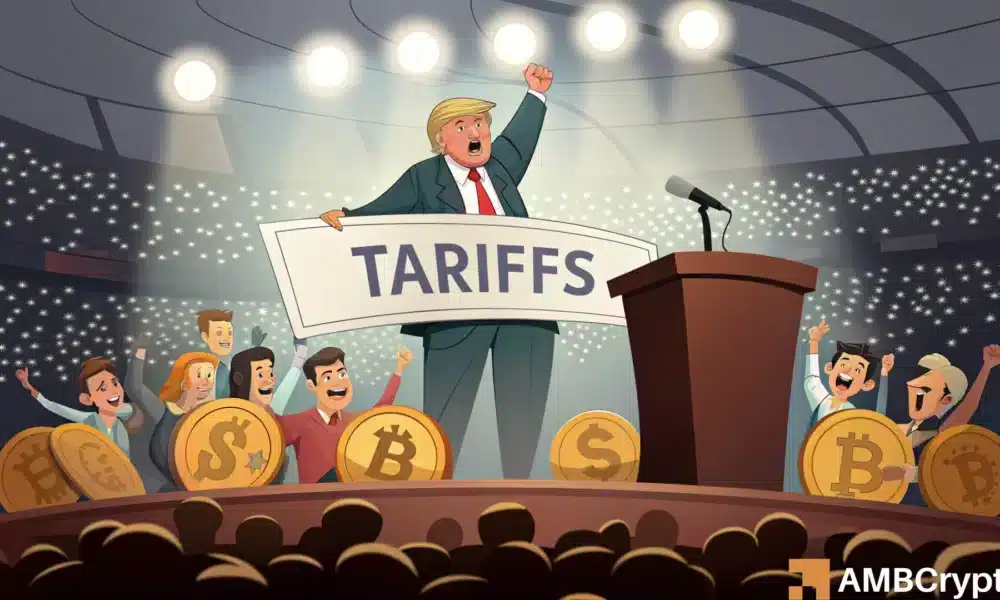The Shifting Monetary Landscape: U.S. Dollar vs. Bitcoin
In recent times, the financial and crypto industries have witnessed an intriguing debate revolving around the future of the U.S. dollar as the world’s reserve currency. This conversation gained momentum after BlackRock CEO, Larry Fink, expressed concerns over the sustainability of U.S. government debt and growing deficits, which could potentially erode confidence in the greenback.
The Case Against the U.S. Dollar
The U.S. dollar’s status as the world’s primary reserve currency has been a cornerstone of the global economic system since the end of World War II. However, the current economic climate is causing many to question this arrangement. The U.S. government’s ballooning debt, coupled with the Federal Reserve’s aggressive monetary policies, has led some to believe that the dollar’s dominance may be coming to an end.
Enter Bitcoin: A Credible Alternative
Amidst this uncertainty, Bitcoin has emerged as a compelling alternative. As a decentralized digital currency, Bitcoin operates independently of any government or financial institution. Its finite supply, enforced by a complex algorithm, makes it an attractive store of value in times of economic instability.
The Debate: Perspectives from Industry Leaders
-
Michael Saylor, CEO of MicroStrategy, has been a vocal advocate for Bitcoin as a hedge against inflation and a potential replacement for gold. He has amassed a significant Bitcoin holding for his company and has encouraged others to do the same.
-
Paul Tudor Jones, a renowned hedge fund manager, has also expressed his interest in Bitcoin, citing it as a potential hedge against the devaluation of fiat currencies.
-
Ray Dalio, founder of Bridgewater Associates, has acknowledged the potential of Bitcoin as a digital gold and a store of value.
Implications for Individuals
For individuals, the debate over the U.S. dollar and Bitcoin has significant implications. As a store of value, Bitcoin could potentially protect against the erosion of purchasing power due to inflation. Moreover, it offers the potential for high returns, as its value has appreciated significantly over the years. However, investing in Bitcoin comes with risks, including price volatility and the lack of regulatory oversight.
Implications for the World
On a global scale, the shift from the U.S. dollar to Bitcoin could have profound consequences. For developing countries, adopting Bitcoin as a reserve currency could provide an alternative to relying on the U.S. dollar and the potential for greater financial independence. Furthermore, it could lead to a more decentralized financial system, reducing reliance on traditional financial institutions and governments.
Conclusion
The debate over the U.S. dollar and Bitcoin is far from over. While the U.S. dollar’s dominance as the world’s reserve currency remains strong, the growing concerns over government debt and inflation have opened the door for alternative stores of value. Bitcoin, with its decentralized nature and finite supply, has emerged as a compelling alternative. However, it is essential to remember that investing in Bitcoin comes with risks and should be approached with caution.
As individuals and as a global community, it is crucial to stay informed about the evolving monetary landscape and the potential implications of this shift. The future of the U.S. dollar and Bitcoin remains uncertain, but one thing is clear: the conversation is far from over.





